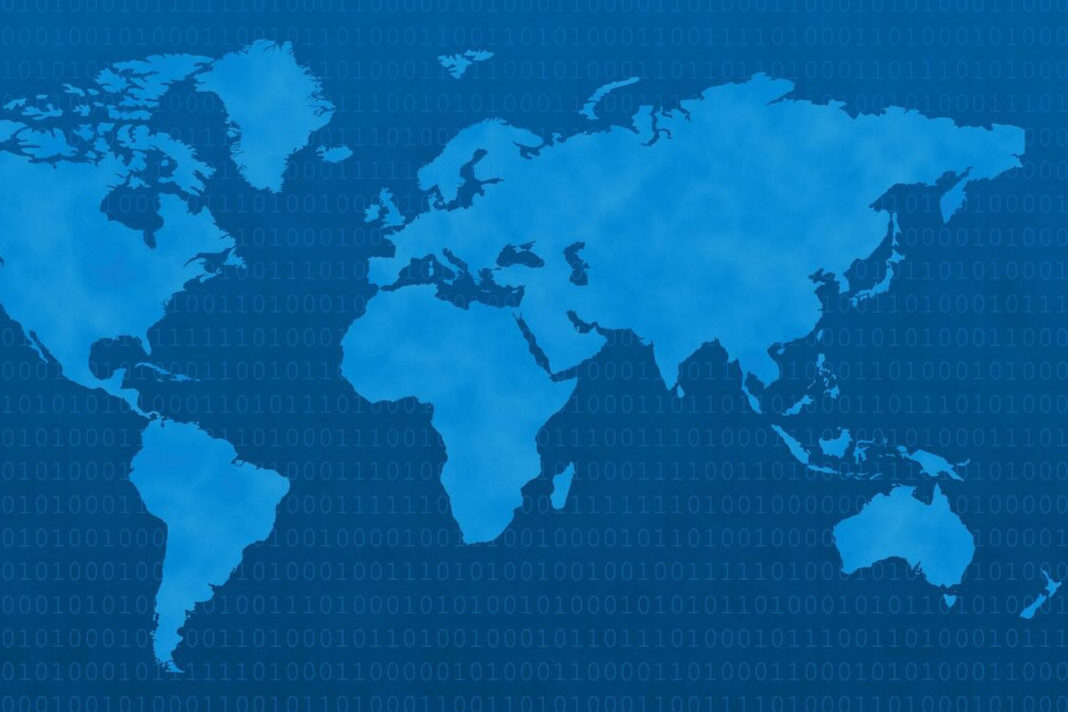Wednesday 8th June 2022
ESOMAR and GRBN publish global guidance for organisations and professionals for processing secondary data for research.
Guidance clarifies key responsibilities when collecting and using personal data Guidance clarifies key responsibilities when working with secondary data.
ESOMAR and the Global Research Business Network (GRBN) announce the release of a new guideline to support researchers applying new approaches in assembling and analysing large data bases to uncover patterns and deliver new insights.
We are experiencing a digital revolution with more data available than ever before coming from secondary data resources such as transactional databases, social media networks, sensors, scanners and data aggregations constructed from a range of sources.
The research and insight function is rapidly extending from collecting and processing primary data to managing, synthesising and analysing secondary data, using a wide variety of analytic concepts and techniques. In taking advantage of these exciting opportunities, researchers must uphold their ethical, legal and professional requirements to meet the needs of data subjects, clients and data owners.
Drafted by research and privacy experts, this new Guideline includes an overview of the challenges that researchers must solve when using second- and third-party data. It also gives guidance on how to ensure that any personal data contained in secondary data is used with a legal basis and that there are adequate privacy safeguards in place to protect the data. In addition, the new Guideline highlights how to ensure that researchers provide the right level of transparency regarding data provenance and quality with respect to how the data is assembled and analysed so clients can make informed judgements about the validity of findings.
Pravin Shekar, Director General of ESOMAR said:
“Working with a wider range of data offers researchers and insights professionals exciting new opportunities. We must ensure that we recognise our duty of care to those whose personal data we use in our projects. Researchers and analysts need to be transparent to clients about the specifics of the data processing and analysis so they can assess its quality. This Guideline provides clear guidance on what they need to do to meet their responsibilities.”
Andrew Cannon, Executive Director at GRBN comments:
“There is an ever-growing amount of secondary data available to researchers creating fantastic opportunities to generate new insights and inform business decisions. This ESOMAR GRBN Guideline is an invaluable resource for researchers empowering them to take advantage of the opportunities whilst working ethically and responsibly with secondary data.”
It is vital that the high professional standards of ESOMAR and GRBN members are maintained throughout the course of any research project, underscoring the expertise within the sector, ensuring its long-term growth, and fostering trust from clients and the general public alike.
Along with the Primary Data Collection and Duty of Care guidance previously published by ESOMAR and GRBN, this new Guideline ensures that researchers have a trusted source of support during all stages of any research project.
Click here to access the new guideline
Further Contact
To discuss these materials and their application, please contact:
GRBN for the local application of these guidelines – Andrew.cannon@grbn.org
ESOMAR’s Professional Standards Committee – Kathy.joe@esomar.org
About ESOMAR
Established in 1948, ESOMAR champions the insights sector. It is the global community for every data, research and insights professional. ESOMAR is a network of 40,000+ professionals working in more than 800 organisations worldwide.
As a non-profit membership organisation, its role is to:
- promote the value of market, opinion and social research and data analytics,
- provide ethical and professional guidance and advocate for the community
- and strengthen international business connections
About the Global Research Business Network
The Global Research Business Network (GRBN) connects over 40 research associations and over 3,500 research businesses on six continents. More than US$24.9 billion in annual research revenues (turnover) are represented by these businesses. GRBN’s mission is to promote and advance the business of research by developing and supporting strong autonomous national research associations.









